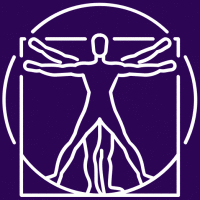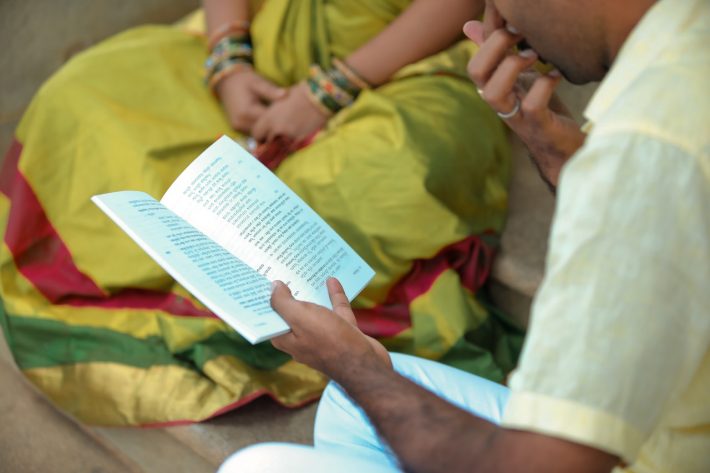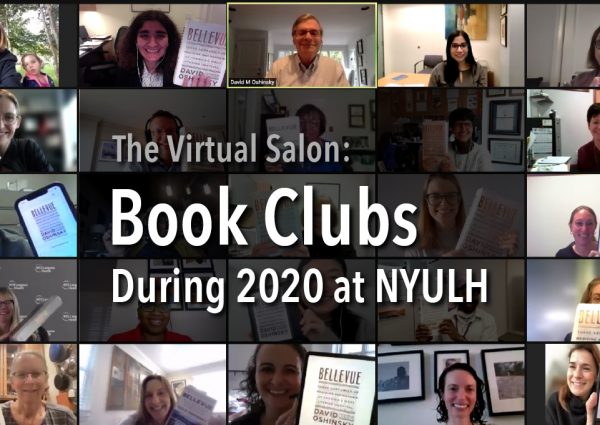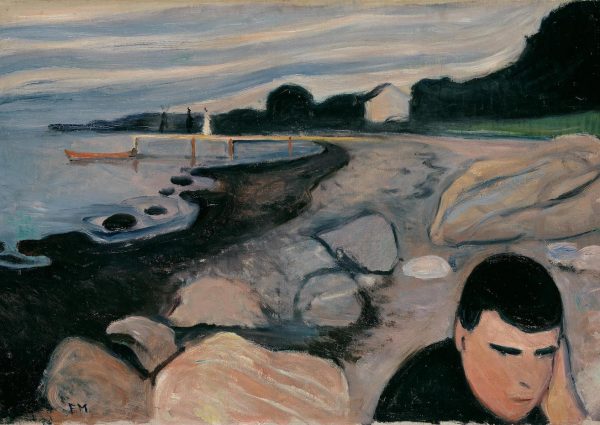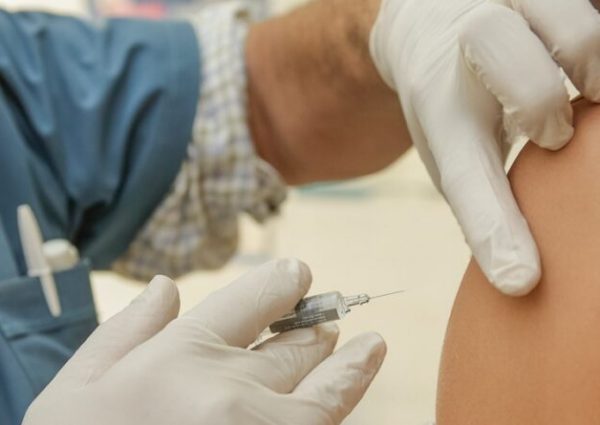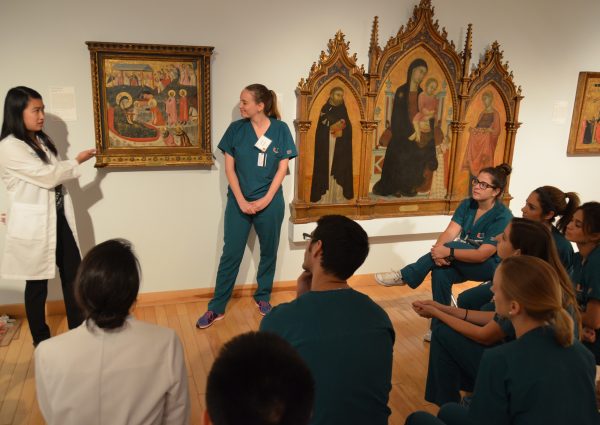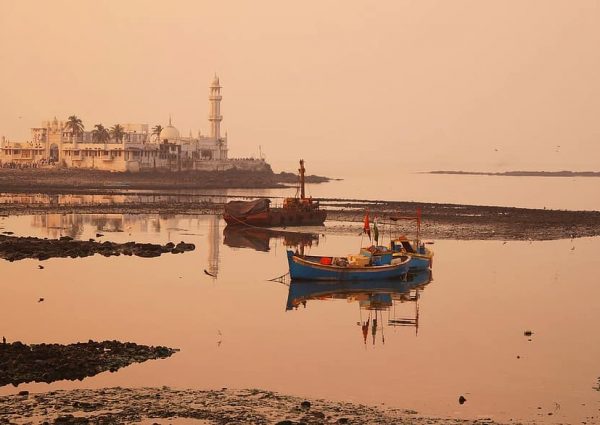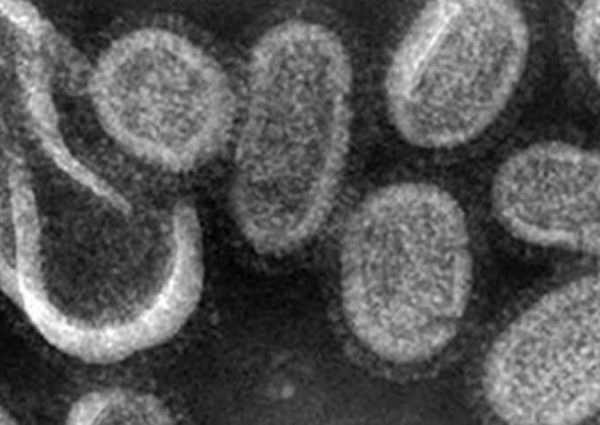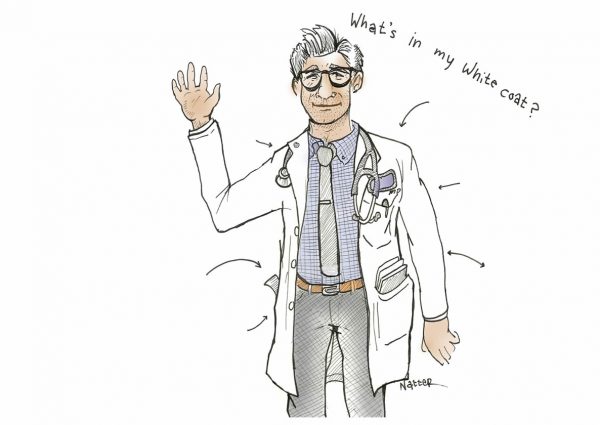One of the challenges for India and for other developing countries is the fact that much of medical humanities (MH) has come from and is influenced by the West. Cultures globally have become an amalgam of traditional indigenous cultures and Western ones influenced by among other factors colonialism, the rapid spread of information and communication technologies, and emigration among others. Obtaining material from a local and regional context is more challenging.
In India, predominantly due to the British colonial influence, the medium of instruction in medical schools has been and continues to be English. This is also true for several developing nations once colonized by Europeans. The country is divided into provinces mainly based on language though within each province there are speakers of other languages, and students from other regions also join to pursue health science courses. Speakers of other languages may be at a disadvantage if sessions are held in the regional language though translation devices may partly address this issue.
The challenge in the widespread growth of MH in India is the weak link between health professions education and arts education. Many universities are specialized in the health professions and do not have other institutions under their umbrella. Medical and other health professions students are selected only from a science background. The tight curriculum and its fixed, centralized, and rigid nature may make it difficult to introduce and strengthen MH. Large student sizes, problems of assessment, and multiplicity of languages are also challenges.
On my occasional visits to medical colleges in India, I am impressed by the focus on infrastructure development. Many institutions have invested substantially in teaching-learning resources and learning spaces. Online resources may need further strengthening. Internet bandwidth is reasonable in the country and online learning is feasible.
In late 2019 I was communicating with two Foundation for the Advancement of International Medical Education and Research (FAIMER) fellows located at a university in Kolar in the Southern Indian state of Karnataka. The fellowship is a two-year part-time program offered by FAIMER at various institutes globally. One of them is the PSGFAIMER Institute in Coimbatore, South India where I and the fellows had completed our fellowships. Kolar is widely known as the site of India’s only gold mines. We were discussing facilitating a session for undergraduate medical students to provide an overview of the Medical Humanities (MH). During the workshop, my co-facilitators from Kolar and I used a mixture of learner presentations, paintings, and role-plays to explore the humanities. I was impressed by their enthusiasm and creative skills. India has a large treasure trove of talent for drama, acting, and cinema and is the largest global producer of movies. The role-plays were of high standards and addressed important issues.
I also facilitated a workshop for students at the International Medical School located on the campus of the MS Ramaiah medical college, one of the older private medical schools in the country. These students do their basic sciences in India and their clinical postings in other countries. In both institutions, I was fortunate to have conversations with the academic leadership and faculty who were keen to strengthen MH. The national regulatory body had introduced an attitude, ethics, and communications skills (AETCOM) module that provided an impetus to accelerate the learning of human skills.
Kerala University of Health Sciences (KUHS) has all undergraduate health professional educational institutions in the Southern Indian state of Kerala under its umbrella. Kerala is known for high human development indicators. It was an honor to share my experiences facilitating MH with the August gathering. Recently from April to May 2023 KUHS organized a series of weekly webinars on the health humanities, primarily for their faculty and I shared my input regarding organizing the event. A mixture of both Indian and international faculty is conducting the sessions. I also initiated the proceedings by providing an overview of the discipline during the first webinar in the series.
The state of Pondicherry (Puducherry) has many medical schools. The state was a French colony, and the French influence is still strong. At the Pondicherry Institute of Medical Sciences (PIMS) a session for faculty and a couple of sessions for students were held. The session for students had been timetabled and my fellow facilitators and I had to handle an entire batch of around 200 students. The sessions were held in the classroom, and we were not able to motivate all students to participate. During my various discussions with faculty, the large student body came across repeatedly as a possible hindering factor for small group and interactive sessions. Issues of incorporating MH formally into the curriculum and assessment were also mentioned. I was impressed that many clinical sciences faculty were interested in MH.
In India, there are some organizations training teachers and students in the Theatre of the Oppressed (TO). TO workshops have been conducted in several medical colleges and both faculty and students have participated. TO can create an informal and fun learning environment, and participants gain a deeper perspective on oppression and the oppressed. When I was in Mysuru in Karnataka the university had facilitated workshops on TO and this created a favourable atmosphere for the MH workshop. Mysuru was a former princely state and has a rich artistic and cultural tradition. The students were interested, active and creative. At Belagavi in northern Karnataka, I conducted a workshop for faculty members. Previously I had faced challenges with faculty, and I was apprehensive. However, this cohort was very supportive, creative, and innovative and I really enjoyed the sessions. They were keen to explore MH and facilitate sessions for students.
Due to various reasons including faculty training mandated by the national regulator, the FAIMER Fellowship programs and other reasons, there is an increased openness in the mindset of medical school faculty in India. Faculty are more flexible and adaptable. With the onset of the COVID-19 pandemic, teaching-learning moved online. The online platforms gradually became more versatile and added newer features. We as faculty also became more skilled in promoting online engagement and interaction. Conferences and workshops were held online enabling us to attend sessions facilitated by international MH experts whom we would have not met otherwise. During the national conference on health professions education (NCHPE) 2022 in Dehra Dun in Uttarakhand, North India the keynote address was by Dr Johanna Shapiro from California one of the leading scholars of the discipline.
The International Medical University at Kuala Lumpur, Malaysia had a division of Bioethics and Humanities that is now upgraded to the Centre for Bioethics and Humanities. For several years pre-COVID, an annual art competition was held, and the collections were digitized and converted to an online digital art gallery, Inspire (https://www.imu.edu.my/inspire-gallery/) in 2017. I have used the paintings from the gallery during some online sessions and found they resonate well with the audience. The conversations with humanities educators at IMU have widened my perceptions of the discipline.
The pandemic led to physical and mental isolation and burnout and increased the need for (virtual) human interactions. During the International Medical Education Conference (IMEC) in 2022 we used a mixture of paintings and body images to explore issues related to the human condition. Dr Ravi Ramaswamy from Bengaluru, India was a co-facilitator. Image theatre is a face-to-face and physical activity and conducting this online required overcoming a few unique challenges. Viewing paintings and facilitating activities can be done more easily online. During NCHPE 2022 we facilitated a pre-conference workshop on Cinemeducation for attendees. The workshop was attended by both junior and senior faculty members. We also had academic leaders involved in developing the AETCOM module. The session was interesting and fun, and I was happy to note that traditional barriers of seniority, age and gender roles were beginning to slowly disappear. Indian language movies were suggested along with Western ones by the participants and Indian language movies can be a good method to introduce more local content and perspectives into MH. We plan to offer a cinemeducation workshop during IMEC 2023 in October.
In India like in many other countries, the physically disabled, the mentally ill, sexual minorities, and certain groups face several challenges in access to services, healthcare, and education. Certain groups in India have emphasized disability rights as a part of MH. India has a long tradition of street theatre, and this serves as an excellent medium to explore several issues.
Over the last four years, I was fortunate to have fruitful interactions and conversations with Indian medical educators about MH. In my opinion, there is a deep interest, creative talent, and a receptive soil for MH to take root and flourish in India, the country with the world’s largest population and the highest number of medical schools. Empowering educators, institutions and universities can ensure the continued growth and development of MH in India!
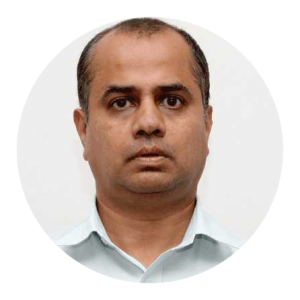 Dr. P. Ravi Shankar is a medical educator with a keen interest in the health humanities who has facilitated seminars in Nepal, Aruba, Saint Lucia and India. He is a researcher, creative writer, traveler and photographer.
Dr. P. Ravi Shankar is a medical educator with a keen interest in the health humanities who has facilitated seminars in Nepal, Aruba, Saint Lucia and India. He is a researcher, creative writer, traveler and photographer.
